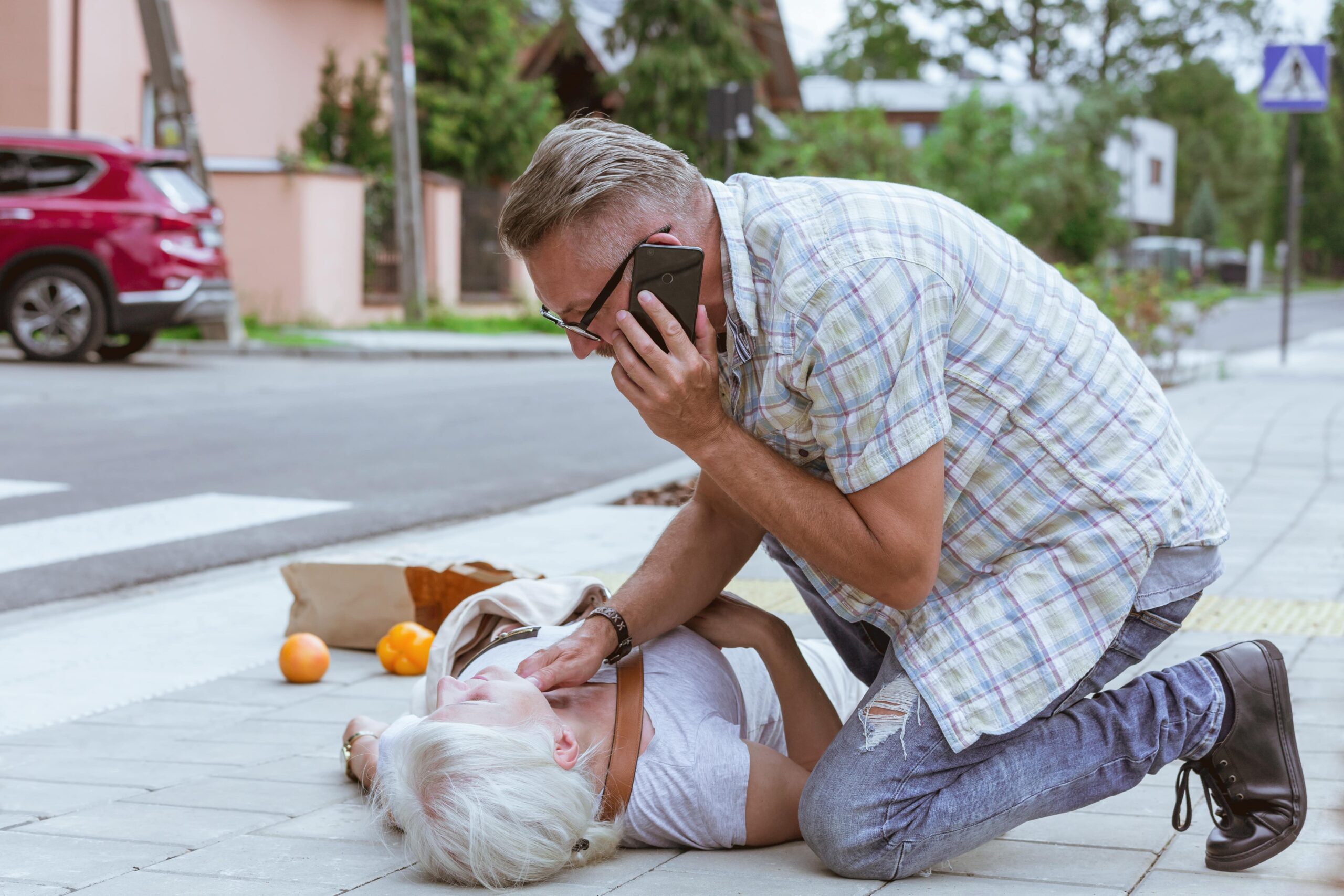Quick action can mean the difference between life and death in moments of crisis or emergency. Like many other states, Maryland has a Good Samaritan Law designed to protect individuals who offer assistance in such situations.
In 2021, Maryland’s opioid-related deaths topped 2,500, and the number of overdoses due to heroin and opioid use has increased substantially. These facts make the Good Samaritan Law even more important, as it can protect people who step in to assist in an emergency involving a drug overdose. This article will discuss Maryland’s Good Samaritan Law and exemptions from the law.
What is the Good Samaritan Law?
A good Samaritan is someone who is not a medical professional who voluntarily assists someone during an emergency. Whether it’s helping victims in a car crash or assisting someone who has overdosed on drugs, some people may hesitate to help because of the fear of liability in some situations.
The Good Samaritan Law in Maryland (MD Code, Cts. & Jud. Proc. §5-603) was enacted in 2015 to offer protection, encouraging individuals to step forward to help someone in need without fearing legal repercussions. Under the Good Samaritan Law, an individual who rendered aid to a victim is absolved of liability if:
- They helped a victim because it was an emergency.
- They didn’t cause the initial emergency.
- They were not grossly negligent.
Good samaritans must also offer assistance without expecting a reward or payment and hand the emergency to emergency personnel when they arrive. Following these guidelines can protect individuals from personal injury claims or lawsuits resulting from their actions.
Provisions of Maryland’s Good Samaritan Law
The purpose of the law is to provide a certain level of immunity for those who act in good faith to provide or seek medical assistance in an alcohol or drug-related emergency. Here are some of the key provisions of the law:
- Mitigating Factor in a Criminal Prosecution — Assisting or seeking medical aid during a drug or alcohol-related emergency can mitigate a criminal prosecution involving the individual facing the emergency or anyone involved in seeking or providing medical assistance.
- Immunity from Criminal Charges, Arrest or Prosecution — A person who, in good faith, assists someone they believe to be experiencing a medical emergency due to drugs or alcohol is granted immunity from criminal charges, arrest, and prosecution for certain violations if evidence was gained because they sought help.
- Protection from Sanctions — Someone seeking or offering medical assistance cannot face sanctions for violating conditions such as pretrial release, probation, or parole if the evidence of the violation arises solely from their act of seeking or providing medical help.
Exemptions to the Good Samaritan Law
While the law is a significant step in encouraging public assistance, it’s essential to recognize its limitations. The exemptions are in place to maintain a balance between encouraging aid and preventing reckless behavior or misuse of the law.
- Gross Negligence or Recklessness — The law does not protect individuals if their actions are deemed grossly negligent or reckless. For instance, if a person provides assistance under the influence of drugs or alcohol or behaves in a manner that disregards the safety of others, they might not be shielded by the Good Samaritan Law.
- Scope of Training and Expertise — Another exemption involves individuals whose actions exceed their training or expertise level. While good intentions are commendable, the law might not offer protection if someone attempts medical procedures or interventions beyond their skill level.
- Criminal Acts or Misconduct — If the person offering aid is involved in criminal activity at the time or if their assistance involves misconduct, the Good Samaritan Law exemptions come into play. This could include scenarios where aid is provided during the commission of a crime.
Turn to Jeremy Widder Law for Expert Legal Representation
Maryland’s Good Samaritan Law serves as a beacon of hope and protection for those who selflessly offer aid in emergencies. It is a testament to the state’s commitment to fostering a culture of compassion and prompt action in times of crisis. By understanding its provisions and exemptions, individuals can be better prepared to offer assistance without fear, ultimately contributing to a safer and more supportive community for all.
While the Good Samaritan law is in place, sometimes officers on the scene are not always aware of the law or think that it doesn’t apply under the circumstances. If you’re facing charges that you believe fall under Maryland’s Good Samaritan Law, Jeremy Widder Law is here to help.
With over a decade of legal experience representing clients facing criminal charges, Mr. Widder is passionate about helping families in Southern Maryland, and he is ready to walk you through the legal process and fight for you. He and his team will provide expert legal representation and advocate for you throughout the legal process.
Contact us today to schedule a consultation.






